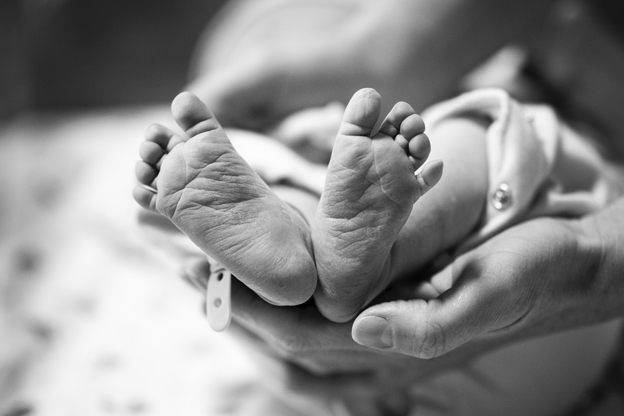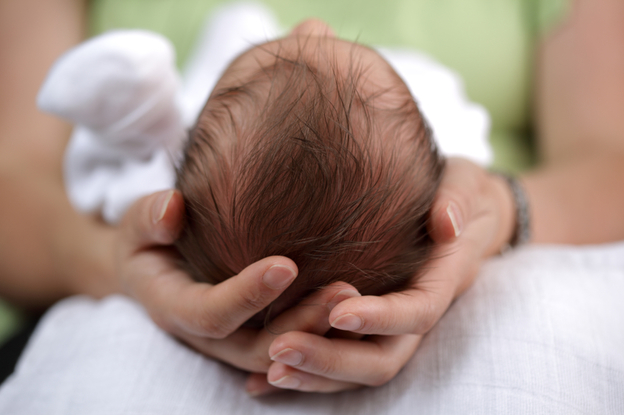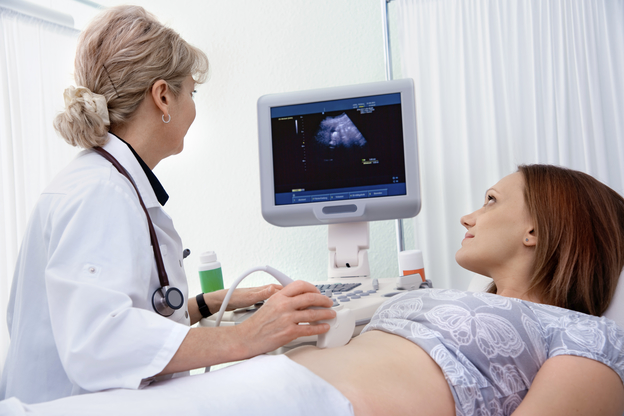SingaporeMotherhood | Baby & Toddler
May 2015
All About Premature Babies

Approximately six to seven per cent of all singleton pregnancies in Singapore deliver prematurely, or about one in 15 babies, says Dr Mark Loh, Paediatrician and Neonatologist at Mount Elizabeth Novena Hospital.
The incidence is much higher is multiple pregnancies (twins or triplets), adds the doctor, whose youngest patient was delivered at 23 weeks gestation and weighed 490 grams.
[banner][/banner]
A premature baby is one who is born before 37 weeks of gestation. The fewer the number of completed weeks inside the mother’s womb, there more premature a baby is. Full term newborns are defined as those born between 37 and 40 weeks of gestation.
If a baby has to be prematurely delivered because early labour cannot be prevented, then it is usually best to allow the labour to proceed, and aim for a vaginal birth. This avoids the need for an operation on the mother. Also, premature babies deliver easily by vaginal birth due to their smaller size.
However, if the delivery is urgent due to maternal health issues or if the delivery is planned with a paediatric team in place, then a Caesarean section may be performed. This allows expeditious and controlled delivery of a high-risk baby, says Dr Loh.
What risks are there to the mother and the baby if the baby is born prematurely?
The risks to the mother are related to her underlying medical condition that may cause early labour or delivery.
For example, pre-eclampsia may make young mothers liable to having seizures. Placental bleeding will lead to heavy blood loss for both mother and baby.
The risks to the baby are directly and inversely proportionate to its size and gestational age. The more premature and lighter the baby, the higher the risks of death, of breathing difficulties, damage to the immature brain and eyes, and risks of severe infections.
How can expecting mothers can reduce the chances of having a premature baby?
Premature onset of natural labour is not related to the mother’s health or lifestyle in general. The vast majority of premature labour is caused by incompetence of the cervix.
In certain women the cervix is short and is unable to support the pregnancy, leading to early delivery. Unfortunately these women will continue to be at risk with subsequent pregnancies. There are no proven successful prevention strategies.
Another cause of pre-term labour is maternal womb infections. These are also usually not preventable, although early detection and treatment of urine infections is advised.
Yet another reason for pre-term labour is in the instance of multiple pregnancies, when a woman is pregnant with either twins or triplets. If multiple pregnancies occur with natural conception, then there is not much we can do, but to time the delivery for the best outcomes for these babies.
However, as there is increasing use of assisted reproductive techniques (e.g. IVF) to help couples conceive in the modern age, they should be advised to avoid implanting too many ova to reduce the risk of multiple pregnancies which could lead to premature labour.
There are other medical reasons for which early delivery of babies is expedited for the sake of maternal and foetal health. There are instances where babies fail to grow well inside the womb (intrauterine growth failure) or where mothers have severe hypertension (pre-eclampsia), and early delivery is undertaken to safeguard the lives and health of these mothers and babies. In such cases, smoking, alcohol and recreational drugs must be avoided to minimise risks to mother and baby.
What are the some of the issues that a doctor might want to raise to her patient in the event that her baby has to be delivered prematurely?
The mother should be counselled and informed of how prematurity could affect the health of her baby. Because they are delivered early, these babies will not have the opportunity to gain weight and develop their organ systems to full-term capacity while in the womb.
As a result, they may be much smaller in size and weaker than full-term babies, and may need help with their breathing and feeding for a longer period.
Premature infants are also more vulnerable to infections and should not be exposed to large numbers of people until they are older.
The more premature and smaller the baby, the longer neonatal intensive care (NICU) will be required. Even with the best available care, babies who are born at less than 1 kg in weight will face more challenges in terms of immediate survival, longer term growth, and development compared to babies who were born at term.
Should expecting mothers prepare themselves for the possibility that their baby be delivered prematurely?
Expectant mothers will be advised by their attending obstetrician if they are at risk of premature delivery. They should discuss when and where they choose to deliver their babies if delivery cannot be postponed. This will ensure that premature babies get the most appropriate medical care upon delivery.
Parents can also arrange to meet with their designated neonatologist (baby intensivist) and visit the NICU of their chosen hospital to prepare themselves mentally for the level of care and the length of stay needed.
The neonatologist can advise these mothers on what has to be done to at birth and beyond to help premature babies. They should also receive financial counselling from the hospital prior to delivery as intensive care can be costly.
Other than medication, what are the ways that Singapore hospitals offer to delay birth?
The main proven methods used to delay birth are usually medications (salbutamol or progesterone) given intravenously to quieten premature contractions of the uterus. However, they will not help much if the cervix is very thin and dilated or if there is ongoing uterine infection.
Another way to buy time in impending premature deliveries is to insert a cervical cerclage. This is a stitch to tighten the cervix up. This may help delay delivery by one to two days while doctors give mothers steroids to help premature baby lungs mature a little more before delivery. However, this is only a temporary measure to buy time and carries the risk of introducing infection as well.
Other measures like strict bed rest to prevent physical activity (which may stimulate labour) have not proven to be effective on their own.
Once a premature baby has left the hospital, what is the best way a mother can care for him or her?
Parents of premature infants who have graduated from the NICU in hospital are advised to avoid crowded gatherings with their little ones until the babies have gained sufficient weight and allowed their immune system to mature. Families should practise good hand washing when handling such infants to prevent transmission of infections.
Mothers are encouraged to breastfeed or to express their breast milk to feed their babies. Babies should also have regular visits to their paediatrician to follow up on their growth and development. Parents should also ensure that their babies’ immunisations are up to date.
All content from this article, including images, cannot be reproduced without credits or written permission from SingaporeMotherhood.
Follow us on Facebook, Instagram, and Telegram for the latest article and promotion updates.








